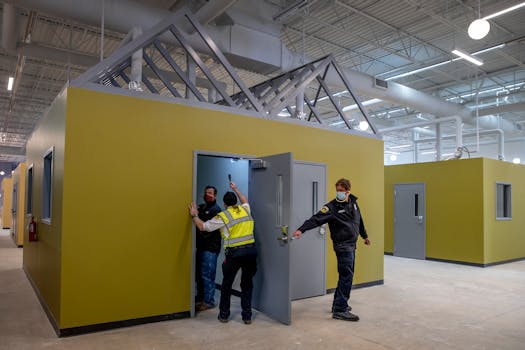
A social worker will be available in three Coos County libraries and it will be a free service.
Hunger, Homelessness & Poverty Task Force – SRRT/ALA
Social Responsibilities Round Table of the American Library Association

A social worker will be available in three Coos County libraries and it will be a free service.
“Equal and equitable access to information is a core value of libraries,” said Director of Libraries Eva Poole. “Removing overdue fines from youth accounts is a first step in removing economic barriers to accessing library materials, especially for children who may need us the most. Inability to pay fines may prevent families from returning materials or visiting the library at all. The goal is to get the materials back into our collection, and to encourage families to continue using the library.”


“What’s important is that people use their libraries. We want to make sure that our community has access to the materials and services we provide,” said a statement from the BCLS. “Throughout the COVID-19 pandemic, we have not charged any overdue fines so patrons had one less thing to worry about, so we are already positioned to join the many other libraries across the state who are fine free. Fines account for less than one-half of one percent of our revenues.”

“Minneapolis nonprofit Avivo is opening an indoor ‘village’ with ‘tiny houses’ in March, providing a COVID-safe and secure place for 100 adults. The two-year pilot program, called Avivo Village, could become a post-pandemic template for private emergency shelters in place of the usual congregate sleeping spaces.”


To date, Chicago Public Library (CPL) is the largest library system in the country to go fine-free. Starting October 1, CPL will eliminate overdue fines on all CPL-owned items currently in circulation, which it said will remove barriers to basic library access, especially for youth and low-income patrons.

“A Tempe Marine veteran is putting literature on two wheels to deliver library services to people who are homeless via the Tempe Book Bike Program.
The program is housed under the Tempe Public Library, which is the closest public library to ASU’s Tempe campus. The program acts as a mobile book service that allows individuals living in underserved communities to check out books without a library card.”

“Late fees will be no more after March 1. The library commission on Dec. 5 voted to do away with the fees in the hopes of increasing patronage. The threat of overdue costs discourages library use by younger and lower-income residents, ‘the people who need (the library) the most,’ said commissioner Joni Teter.”

“Residents who previously experienced obstacles in obtaining access to Berkeley Public Library resources and items will no longer face this issue with the implementation of a new Easy Access Card, which allows those without a permanent address to use and check out library resources.”